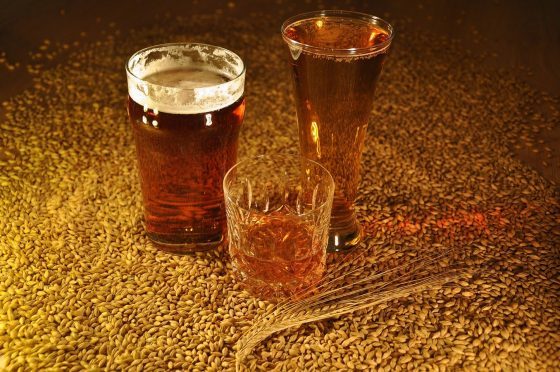One of the UK’s main maltsters has blamed “competitive pressures in the malting division on processing fees” for a drop in turnover and profits.
In its latest accounts Bairds Malt reported an 8% drop in turnover and a 31% drop in pre-tax profits for the year ended September 30, 2016.
Turnover at the company, which operates Scottish maltings in Inverness, Arbroath and Pencaitland, was £189.746million, from £205.471million previously.
The bulk of the company’s sales were to the UK and Ireland, representing £168.552million of total turnover.
Sales to the Americas, Europe and the Middle East and the Asia Pacific market were all down. Sales to markets outwith these regions were up to £1.877million, from £527,000 previously.
Pre-tax profits at the firm were down to £3.556million, from £5.172million the year before.
In the accounts, Bairds said a reduction in beer consumption across the UK and Europe was putting pressure on malt contracts due to excess capacity for brewing malt in Europe.
However, the company experienced an increase in overall volumes into the brewing sector due to increased volumes with two major customers.
“The prospects for 2017 deliveries are indicating that the business will maintain its brewing volumes with increased volumes into the craft beer sector,” added Bairds.
In the distilling sector, the company hailed an increase in volumes as a result of “continued focus on quality product with quality service”.
“The prospects for 2017 deliveries are indicating volumes in line with 2016,” said Bairds.
The company reported a reduction in export volumes in the year due to one customer experiencing reduced demand for its products.
It said: “Overall the margin percentage achieved in this financial year has increased year on year however the absolute margin was lower principally due to competitive pressures in the malting division on processing fees as the company sought to replace the loss of a customer contract.”
The company reported a “solid performance” in its merchanting division in Scotland and England, and said sales volumes had stabilised and profitability had improved.
The accounts also revealed that the highest-paid director at the company, which employed 211 people during the year, took home a pay cheque of £329,000. This was down from £425,000 the year before.
